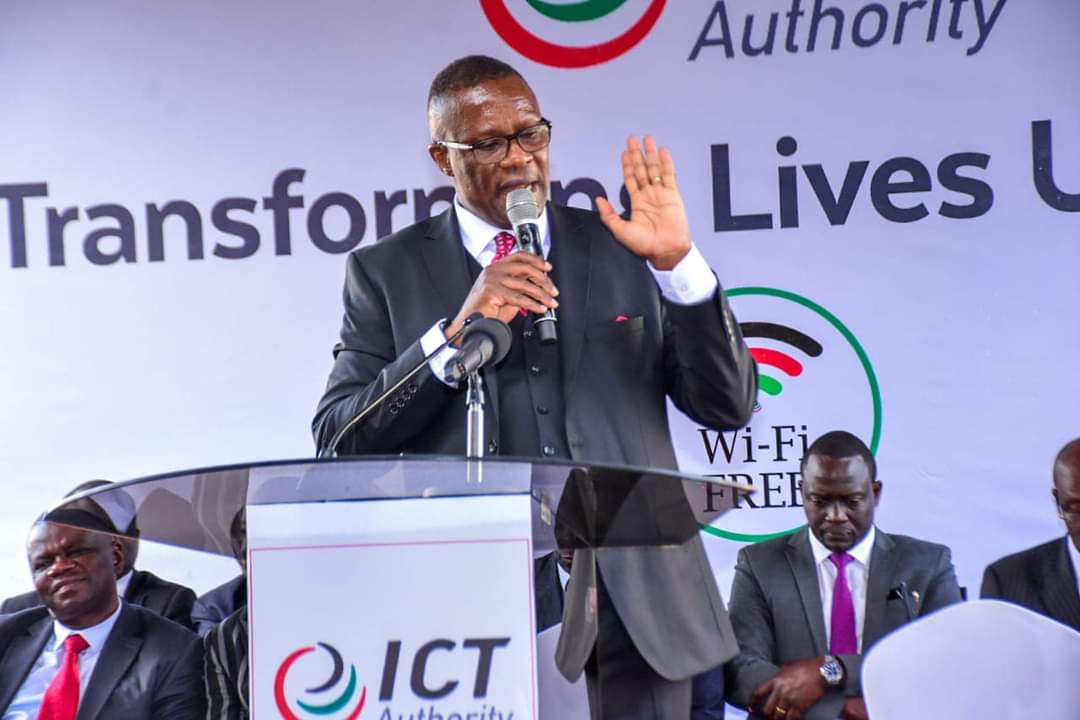By John Walubengo
There has been much impetus on digitizing government services with over five thousand public sector services already digitized and accessible online.
This provides much-needed convenience and cost reduction to citizens, in terms of time saved from an otherwise lengthy bureaucratic process.
The ability to renew your passport or driving license online presents massive improvements from those analogue processes the older generation of Kenyans used to be subjected to ten or so years ago.
One needed to take a day or two from duty just to complete a government process that now takes a few clicks on your digital device.
Whereases such improvements are welcome; they barely scratch the surface of what is digitally possible.
To understand what is possible, we take a look at what is currently NOT possible – despite the heightened level of automation in the public sector.
Imagine citizen Kamau is tired of the hassle and bustle of Nairobi and is happy that he has just received a job offer that will make him relocate to the upcoming Nakuru City.
He is excited and looks forward to the shift but has some key decisions to make including but not limited to where to stay (Housing department), which schools to consider for the kids (Education department), the nearest hospital (Health department), public transport options (Transport department) amongst others.
Citizen Decisions are Limited by a lack of data
A quick visit to both the national and county government websites reveals a lot of information – but none of which answers citizen Kamau’s basic questions above.
What this means is that most of our public sector websites are more ‘brochure-oriented’ as opposed to being data-oriented. And this is not necessarily a bad thing, since brochures tend to communicate critical baseline information.
For example, most ministry websites would communicate about their respective leadership, policies, legal frameworks,
mandate, list of parastatals, and recent activities amongst other basic information. These data, however useful it may be, do not address citizen Kamau’s questions.
Neither would the famous eCtizen service portal, with its over 5,000 digital services provide the answers to these basic questions.
And this is not to say that the government does not have the answers to Kamau’s questions. They do know exactly how many housing estates are in Nakuru, how many schools are within those housing estates, what and where the hospitals are, and the common public transport routes amongst others.
Government Data in Silos
However, that data is buried deep in government departmental silos that are scattered across the two levels of government (national and county). Additionally, this data is perhaps in the form of manual paper reports, that are generated annually for purposes of audits and parliamentary oversight.
In other words, government ministries, departments and agencies are sitting on rich data that could enable citizen Kamau to make important decisions at the click of the mouse, but now he cannot.
Instead, he has to take a week or two off his old job, to physically go scouting ‘on the ground’ in search of the answers that he could have clicked off the internet – assuming that the various departmental data silos had been broken down and synchronised to contribute their data to an ‘open government data portal’.
It is not just ‘citizen’ Kamau that is being deprived of critical public sector information.
It is possible that ‘investor’ Onyango, ‘innovator’ Nekesa, and ‘farmer’ Kipchoge amongst others struggle to find critical data sets they could have used within their respective domains to make critical decisions.
So back to the beginning question – Beyond Digitization, what next?
Two words -Data Governance.
Stay tuned next week, to find out what that is all about.
___________________________________________________________________________________________________
John Walubengo is an ICT Lecturer and Consultant. @jwalu.
![]()




